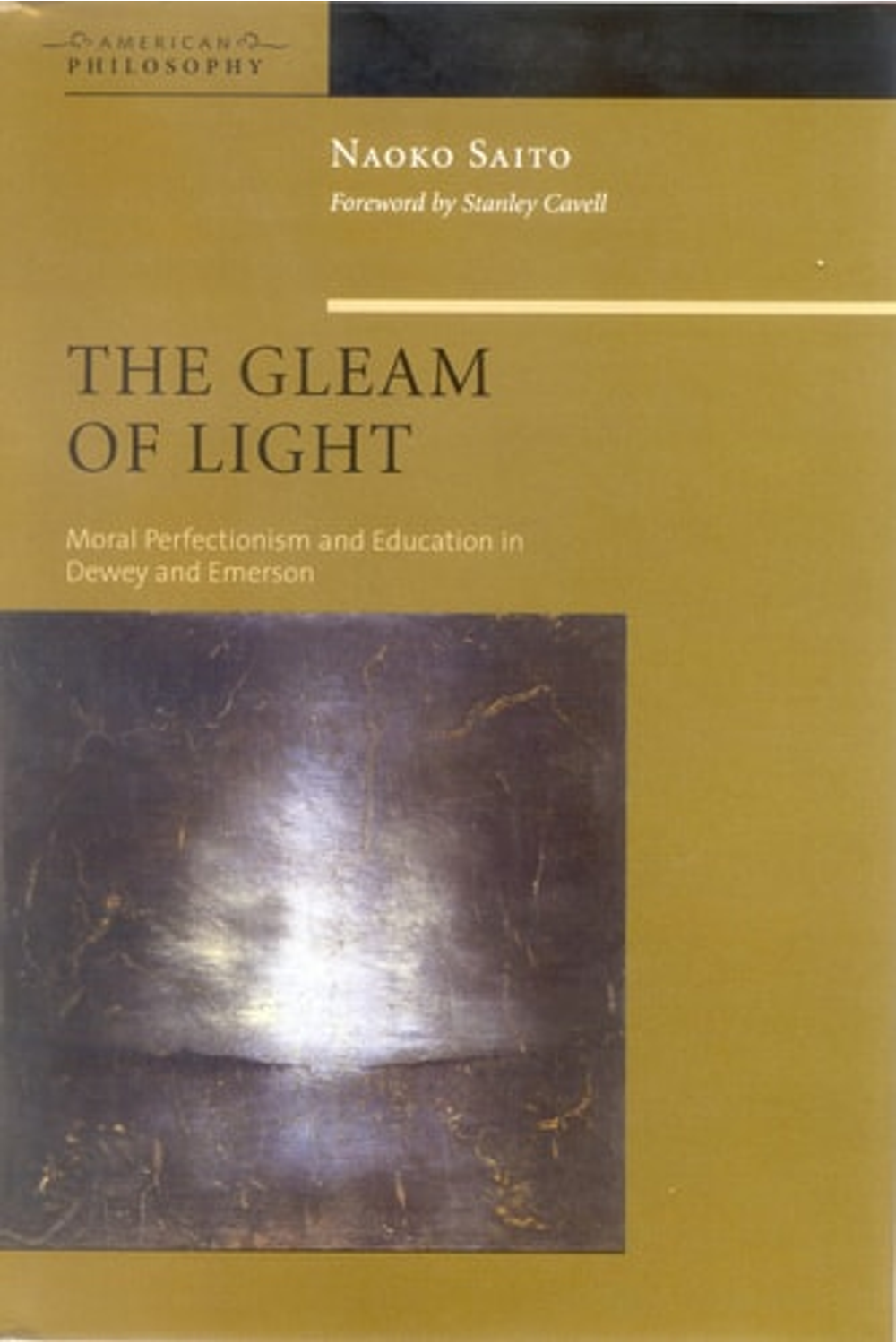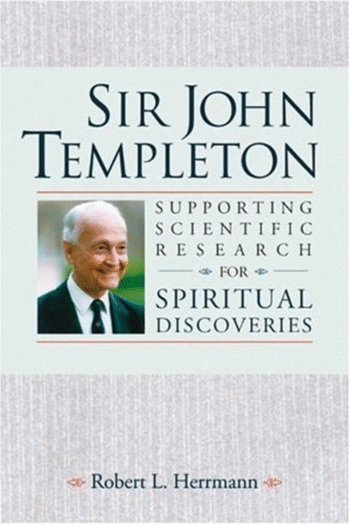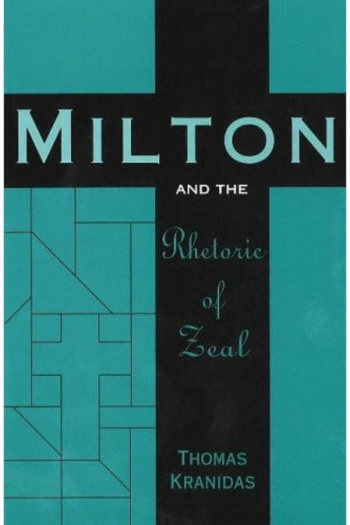Explore the intersection of philosophy and education with Naoko Saito’s “The Gleam of Light: Moral Perfectionism and Education in Dewey and Emerson.” This thought-provoking book re-examines John Dewey’s progressive education through the lens of Ralph Waldo Emerson’s moral perfectionism, inspired by Stanley Cavell’s interpretation. Saito critiques the standardization and quantification prevalent in modern education driven by neoliberal ideals, arguing that they overlook crucial aspects of human development. She illuminates the spiritual and aesthetic dimensions of Dewey’s work, often masked by his scientific approach, offering a richer understanding of growth in education. Discover how Emerson’s focus on self-reliance and moral striving can revitalize educational practices. Perfect for educators and philosophy enthusiasts seeking deeper insights into American philosophy and alternative approaches to learning. Published by Fordham University Press in 2006, this 228-page paperback is a valuable addition to understanding Dewey, Emerson, and the philosophy of education. ISBN: 9780823224630.
The Gleam of Light: Moral Perfectionism and Education in Dewey and Emerson (American Philosophy)
17,23 $
In stock
In the name of efficiency, the practice of education has come to be dominated by neoliberal ideology and
procedures of standardization and quantification. Such attempts to make all aspects of practice transparent and subject to systematic accounting lack sensitivity to the invisible and the silent, to something in the human
condition that cannot readily be expressed in an either-or form. Seeking alternatives to such trends, Saito reads
Deweys idea of progressive education through the lens of Emersonian moral perfectionism (to borrow a term coined by Stanley Cavell). She elucidates a spiritual and aesthetic dimension to Deweys notion of growth, one considerably richer than what Dewey alone presents in his typically scientific terminology.
The Gleam of Light: Moral Perfectionism and Education in Dewey and Emerson is available from the publisher on an open-access basis.
| Authors | |
|---|---|
| Binding | |
| Condition | |
| ISBN-10 | 0823224635 |
| ISBN-13 | 9780823224630 |
| Language | |
| Pages | 228 |
| Publisher | |
| Year published | |
| Weight | 349 |
| Edition | 3 |
| Dewey decimal | 191 |
Related products
-
Some Other Rainbow
13,17 $
- Additional information
- Currencies
- USD – United States dollar
- EUR – Euro
- GBP – Pound sterling
- CNY – Chinese yuan
- BRL – Brazilian real
- MXN – Mexican peso
- JPY – Japanese yen
- PHP – Philippine peso
- THB – Thai baht
- PLN – Polish złoty
- CAD – Canadian dollar
- MYR – Malaysian ringgit
- AUD – Australian dollar
- TWD – New Taiwan dollar
- CZK – Czech koruna
- SEK – Swedish krona
- HUF – Hungarian forint
- ILS – Israeli new shekel
- CHF – Swiss franc
- HKD – Hong Kong dollar
- DKK – Danish krone
- SGD – Singapore dollar
- NOK – Norwegian krone
- NZD – New Zealand dollar





